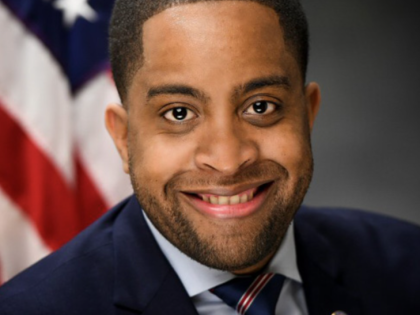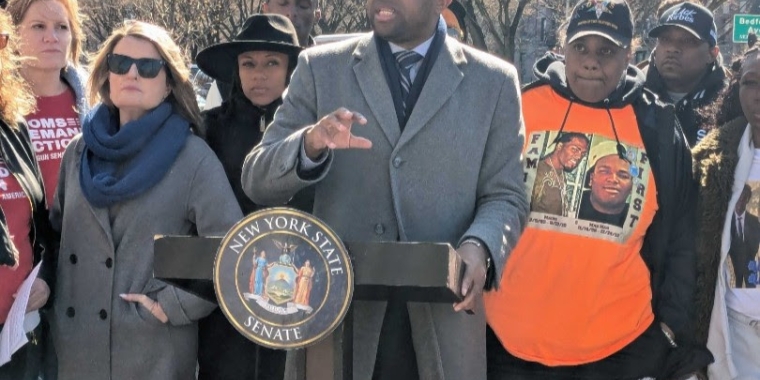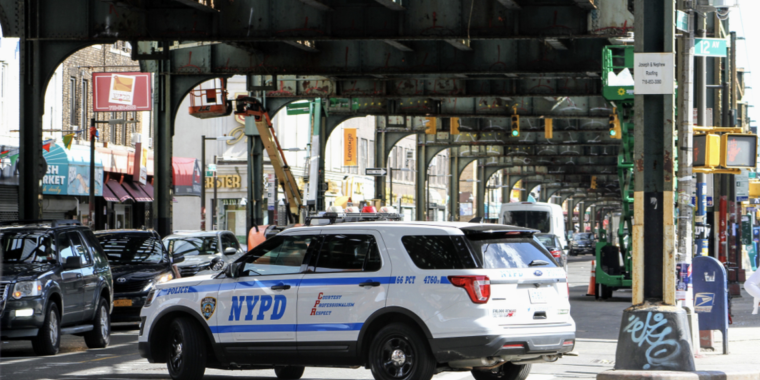
NYS Senator Zellnor Y. Myrie Calls For Fair “Hot Spot” Funding To Central Brooklyn Hospitals
May 12, 2020
BROOKLYN—New York State Senator Zellnor Y. Myrie has called on city, state, and federal health officials to ensure an equitable distribution of federal funds for city hospitals.
In a letter sent today, the Senator demands a transparent and equitable distribution of the more than $5 billion in funding authorized by the federal department of Health and Human Services (HHS) for “hot spot” hospitals.
“New York City ‘hot spot’ hospitals, including the two public hospitals I represent (Kings County and the University Hospital of Brooklyn) were already subject to state budget cuts in the middle of this pandemic,” the letter reads. “Our communities, mostly black and brown and already devastated disproportionately by the virus, cannot afford another budgetary blow by way of an unfair allocation of federal dollars. My hope is that this ‘hot spot’ allocation is but a first step in commensurate relief.”
“I urge our federal, state, and city health departments to work together to ensure a fair distribution of hospital funding, particularly in light of previous and looming budget cuts proposed by the state,” the letter continues.
[The full letter is attached to this release; see above.]
According to HHS, each hospital should receive funding equal to $76,975 per admission. Based on the at least 12,982 hospitalizations in Brooklyn and the federal “hot spot” formula, New York City hospitals should receive at least $3.7 billion, with Brooklyn hospitals receiving at least $632 million of that allocation.
In March, Senator Myrie joined 23 elected officials from Brooklyn to write to the CDC and device manufacturer Roche Diagnostics to demand a COVID-19 testing machine for University Hospital in Brooklyn. In April, he called upon the city and state’s health officials to release data on racial disparities in the crisis, and he joined 19 of Brooklyn’s federal, state, and city elected officials in calling for a sweeping revitalization plan for black communities.
Share this Article or Press Release
Newsroom
Go to Newsroom

Senator Myrie's Reproductive Healthcare Resource Guide
February 26, 2025
Op-Ed: Speed Case Discovery with NYPD Databases
January 7, 2025
